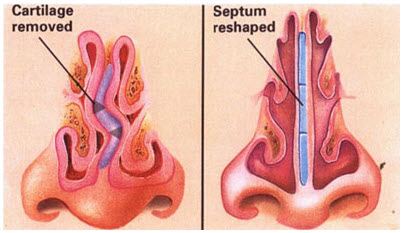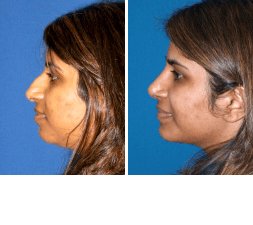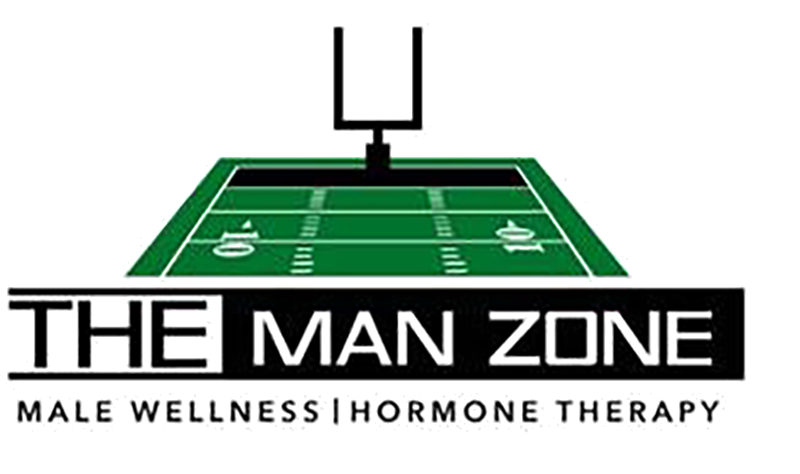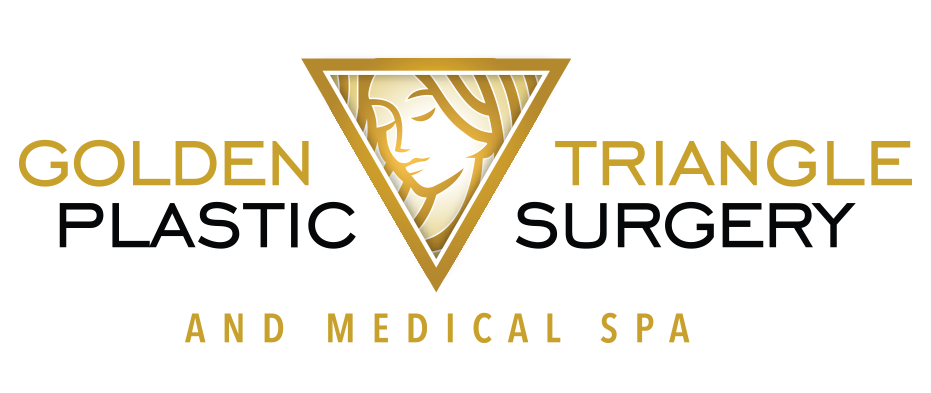Having a “nose job” is one of the most popular facial surgeries. That’s not surprising, considering the fact that the nose is front and center on your face. It also performs the essential task of controlling airflow and helping you to breathe.
“Nose job” is a broad term that refers to several types of medical procedures. The two major ones are septoplasty, which focuses on internal abnormalities, and rhinoplasty, which deals with the exterior of the nose and how it looks.
These are two that Dr. Roy David deals with on a regular basis. As he points out, the conditions behind them can often be related. In many situations, visible irregularities are closely tied to internal problems.
Which one do you need? That depends on what nasal irregularity you are trying to correct. Here is a look at the differences and similarities of the two procedures.
The septum is what separates the two sides of your nose. It forms the two nasal cavities and also gives support to the structure of the nose. The septum plays a critical role in directing airflow and handling your breathing.
This piece of cartilage and thin bone is sometimes not straight, a condition called displaced or deviated. It is usually due to an injury or a birth defect.
The results are uncomfortable and can include:
- Headaches
- Constant nasal stuffiness
- Snoring
- Sleep apnea
- Difficulty breathing
Some people with the condition never experience problems. For others, it causes constant discomfort and frustration. If you find it too difficult to function during the day and sleep at night, your doctor will probably recommend septoplasty, a surgical procedure that repairs the deviated septum.
During septoplasty surgery, Dr. David makes an incision in the nasal mucosa, the soft tissue that covers the septum and your nasal passages. The incision divides the mucosa from the cartilage and thin bone of the septum. He straightens it or removes some of the cartilage, then lays the mucosa back on the cartilage and bone. Sometimes he will insert a splint to hold it in place.
In most cases it is considered a necessary medical treatment and is covered by insurance.
If you don’t like the look of your nose, the doctor can correct irregularities by doing a rhinoplasty. Patients want changes to their noses for a variety of reasons. It might be to get rid of a hump at the bridge, a ball at the tip, to make it flatter or wider or narrower. Every patient has a different set of preferences.
The nose is one of the most complex features on your face. A skilled plastic surgeon like Dr. David needs to consider the structure of your nose as well as its relationship to each of your other features when doing a rhinoplasty. The goal in all cases is to keep a natural look that fits in with the rest of your facial features.
For people who are self-conscious about their nose, this procedure can do wonders for their quality of life by boosting confidence. Experienced facial plastic surgeons like Dr. David make sure that communication and expectations are clear. For a successful surgery, it is essential that both physician and patient are on the same page about the desired look of the new nose.
This is a cosmetic procedure and is usually not covered by insurance.
What They Have in Common
Both rhinoplasty and septoplasty are medical procedures and must be done by a qualified surgeon. In both cases, anesthesia is required, either general or local.
The two procedures can be combined in a treatment called septorhinoplasty. The physician corrects the deviated septum and cosmetically corrects the nose during the same treatment.
